Significance
Importance To Berry Global and our Stakeholders
Product quality and consumer safety form the bedrock of our business. We implement comprehensive quality management systems that consistently exceed customer expectations while minimizing quality-related complaints and associated costs. Our focus on first-pass quality eliminates operational inefficiencies and enhances profitability through reduced waste and rework.
Our uncompromising approach to product safety encompasses every aspect of our operation—from our detailed Restricted Substances List (RSL) for raw materials to strict adherence to good manufacturing practices throughout our production process. These measures primarily safeguard consumers while simultaneously mitigating potential legal and financial exposures.
Customer Assurance: Our customers rely on our consistent delivery of superior quality and safety. Our rigorous standards protect their end users, ensure production line efficiency, safeguard brand reputation, and prevent costly product recalls—making us an essential partner in their success.
Investor Protection: Our quality and safety excellence mitigates financial risk by preventing costly defects, recalls, and remediation expenses. This disciplined approach preserves our market reputation and protects shareholder value through sustainable, responsible operations.
Our Approach
Berry is committed to product safety, recognizing that every manufacturer has a critical responsibility to ensure the products they create are safe, compliant, and reliable for their intended use. We take a proactive and agile approach to chemicals of concern by first screening all raw materials, then monitoring and notifying business stakeholders of important updates, and listening and responding to our customers about issues important to them. We partner with customers to develop sustainable solutions by collaborating closely to understand their specific sustainability goals, providing expertise in designing packaging with increased recycled content, lightweighting, improved recyclability, and exploring options like compostable materials. We do all of this while aiming to help customers achieve their circular economy ambitions through innovation and customized solutions based on their needs. Our comprehensive Product Development Program serves as a rigorous framework that meticulously documents and validates product safety before market introduction. We approach this through strategic initiatives that include a robust Product Safety Management Program to carefully evaluate raw material selection, a continuously evolving Quality Management Program focused on customer needs, and active encouragement of our facilities to pursue and achieve globally recognized quality system certifications, such as ISO 9001,FSCC 22000, and SQF, depending on what is most relevant for their sector. Through this, we demonstrate our unwavering commitment to delivering products that meet the highest standards of safety, quality, and performance.
Key Metrics
The below metrics are based on Berry's Fiscal Years unless otherwise noted.
|
Product Quality and Safety |
||||||
| 2022 | 2023 | 2024 | ||||
| Number and Percentage of Total Facilities | ||||||
| Third Party Quality Certifications | Number | Percentage | Number | Percentage | Number | Percentage |
| ISO 9001 | 237 | 89% | 224 | 90% | 207 | 90% |
| ISO 15378 | 22 | 8% | 22 | 9% | 21 | 9% |
| FSSC 22000 | 23 | 9% | 22 | 9% | 17 | 7% |
| SQF | 34 | 13% | 42 | 17% | 43 | 19% |
| BSC | 61 | 23% | 59 | 24% | 51 | 22% |
| ISCC+ |
67 | 25% | 64 | 26% | 62 | 27% |
| Product Recalls | Number | |||||
| Number of Product Recalls | 0 | 0 | 0 | |||
Key Strategies
Product Safety Management
At Berry, we have a robust Product Safety Management Program that ensures the safety and compliance of all raw materials selected for use. The program includes guidelines for: aggressively managing chemical safety, regulations for finished goods, product testing, certifications, management of change, global regulatory monitoring, and the deselection of the restricted substances noted in our RSL. To promote and support increasing use of Post-Consumer Recycled Plastic (PCR), we developed a PCR Due Diligence program which standardizes Berry’s acceptance criteria for PCR suppliers.
A full outline of our Product Safety Management Program can be found in our Product Safety and Quality Management Policy.
Restricted Substances
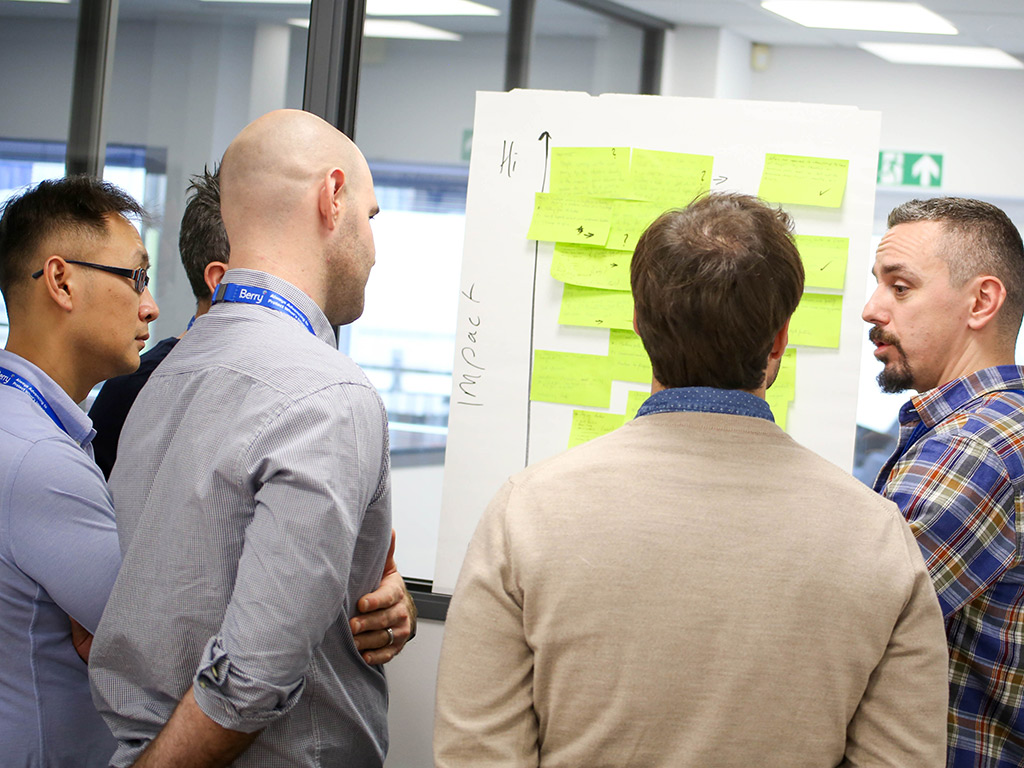
Case Study – PFAS
In 2024, we continued our efforts to reduce and eliminate PFAS. Our Flexibles division in North America successfully converted practically all of the virgin resins purchased from using a fluorinated, polymer processing aid to alternatives that are PFAS-free. This should preclude the need to purchase additional resin with fluorinated processing aid as current inventory is exhausted.
Where else is PFAS used?
A much smaller amount of PFAS has been identified in other raw materials, including a small fraction of the total colorants we use. At this time, we are prioritizing elimination in our highest volume applications, although we are engaging suppliers of smaller volume applications to eliminate PFAS ahead of regulation.
Quality Management Program

By aligning our capabilities with customers' practical, sustainability, and regulatory requirements, we create solutions that drive mutual success. We maintain market leadership through strategic annual goal-setting, continuous regulatory monitoring, and agile responses to evolving market conditions.
We further differentiate ourselves through exemplary product stewardship, ensuring the safe and responsible use of materials while enhancing quality through thoughtful design and development—creating lasting value for all stakeholders.
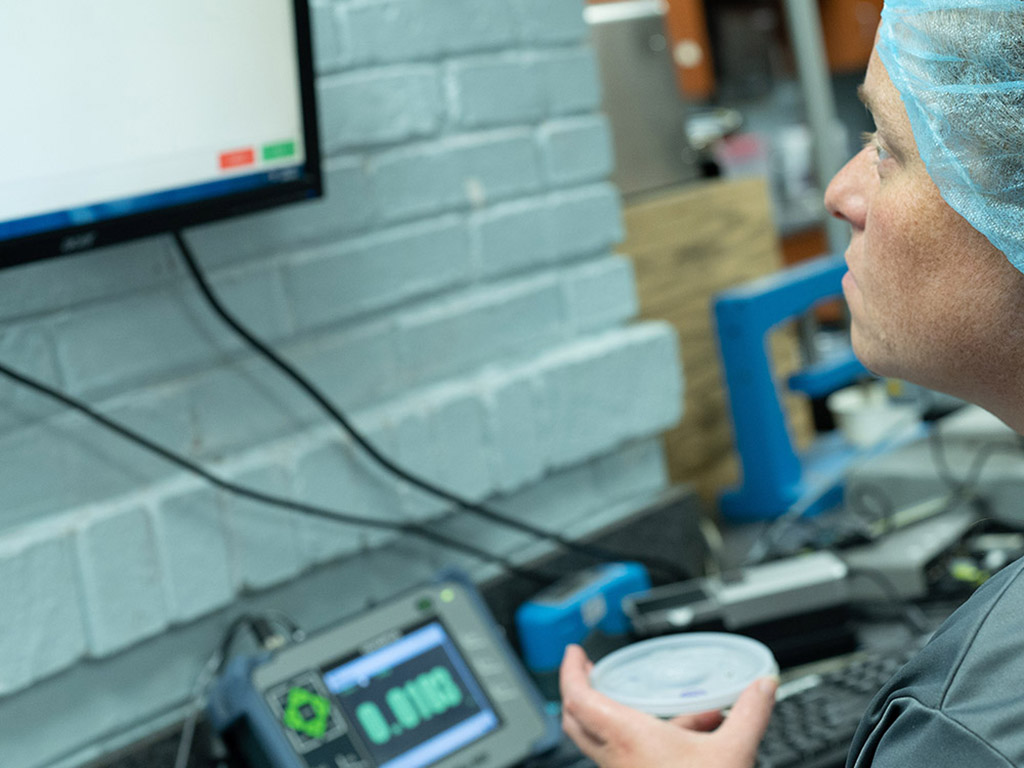
Disclosures
Contribution to the Sustainable Development Goals (SDGs)
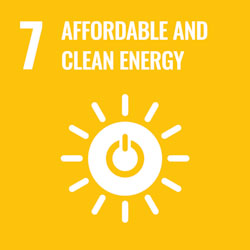
With a rigorous product quality and safety program, we safeguard consumer health to assure the safety of products and mitigate potential risks associated with substandard or unsafe products
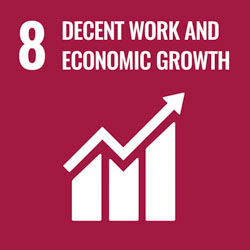
Our business relies on our ability to consistently produce reliable and safe products. This continued success helps us preserve jobs and livelihoods in our operations and across the manufacturing supply chain, enabling continued economic growth.
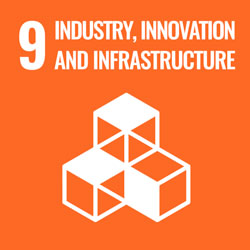
Our commitment to producing high-quality, safe products amplifies responsible industry practices, driving further innovation and infrastructure development across the supply chain.
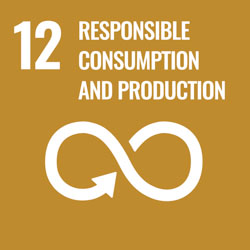
Our high-quality products are designed with the circular economy and responsible growth at the core. Durable, reliable, and safe products last longer, meeting customer specifications and eliminating potential waste.
GRI and SASB Alignment
GRI 2-27 Compliance With Laws and Regulations
GRI 416(3-3) Customer Health and Safety
GRI 416-1 Assessment of the Health and Safety Impacts of Products and Service Categories
GRI 416-2 Incidents of non-compliance concerning the health and safety impacts of products and services
SASB RT-CP-250a.1 Number of Recalls Issued, Total Units Recalled
SASB RT-CP-250a.2 Discussion of Process to Identify and Manage Emerging Materials and Chemicals of Concern
Last updated: March 17, 2025